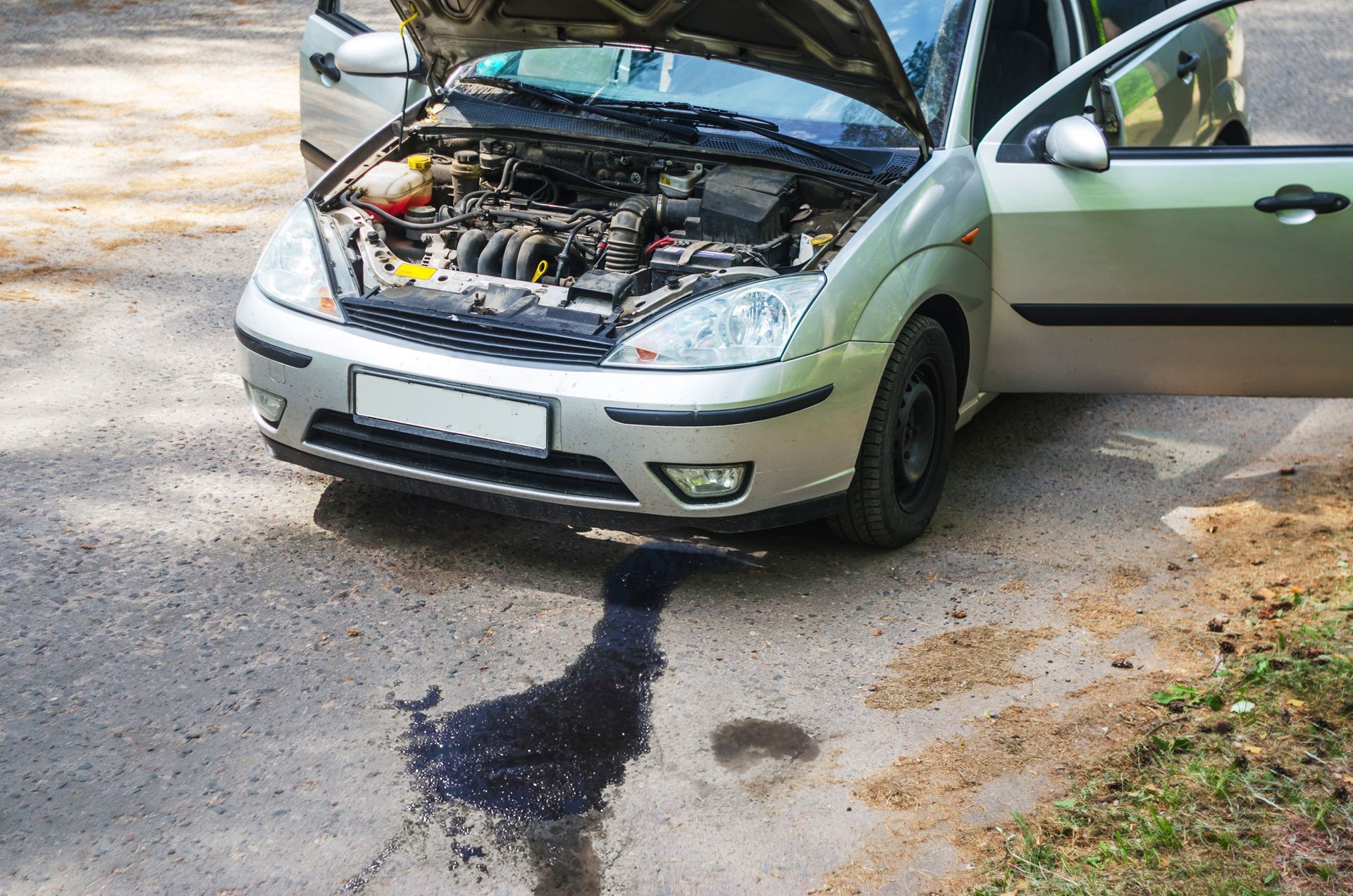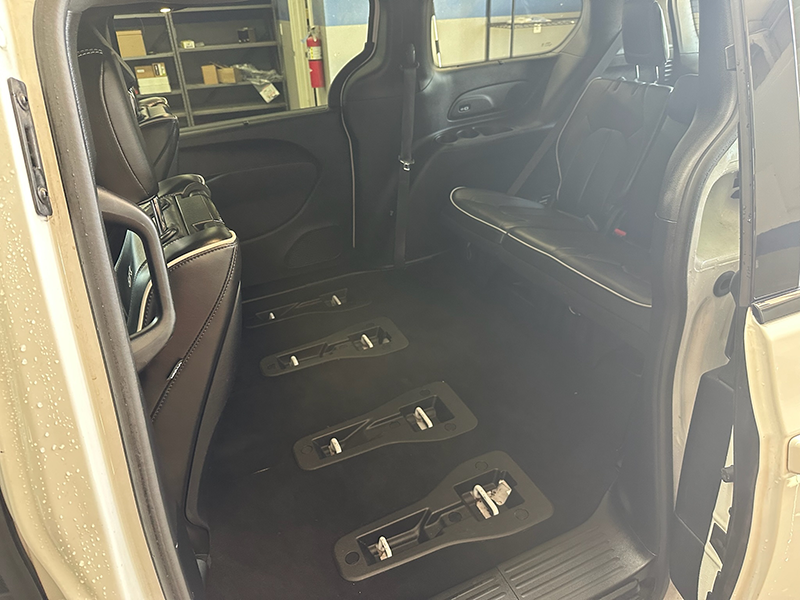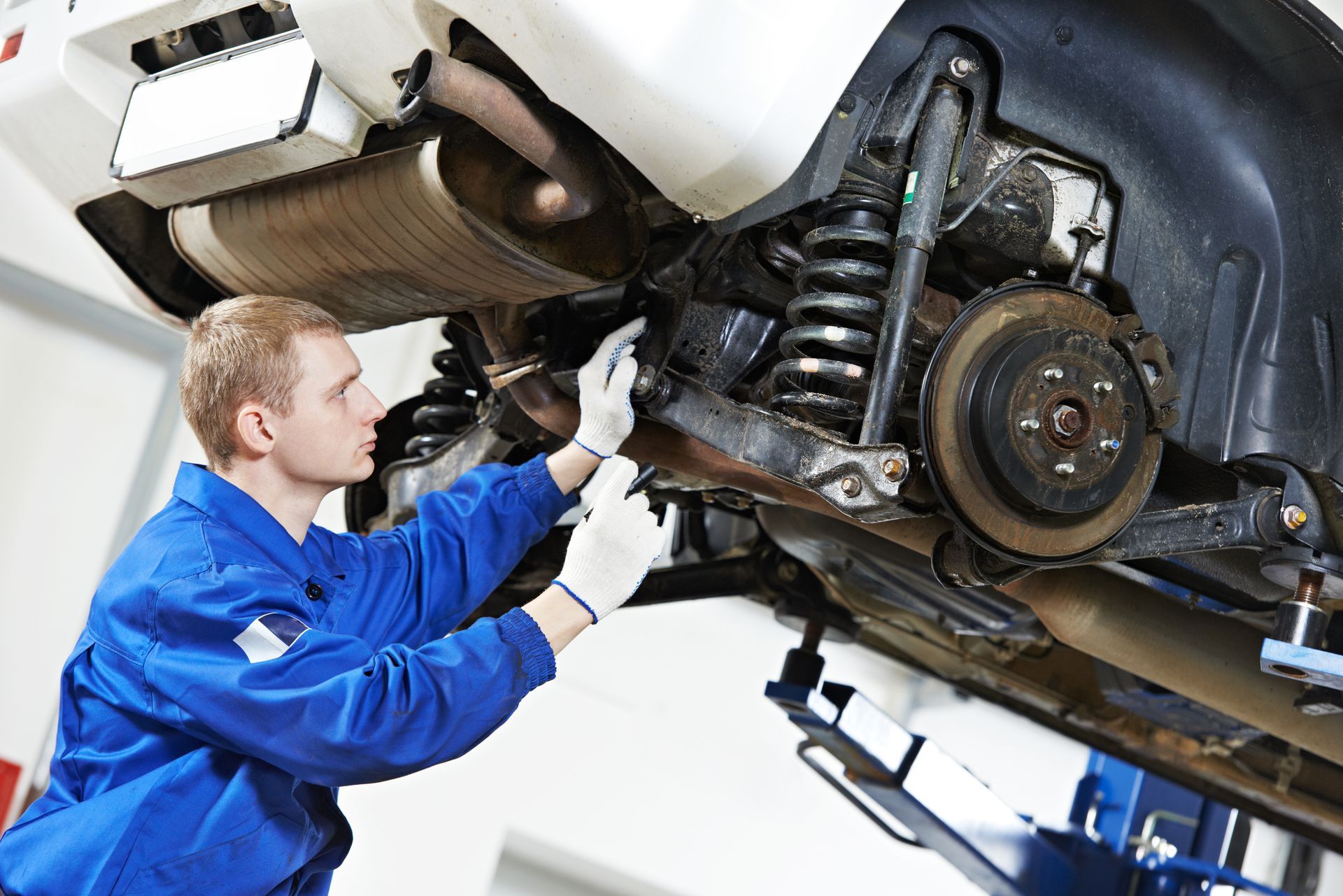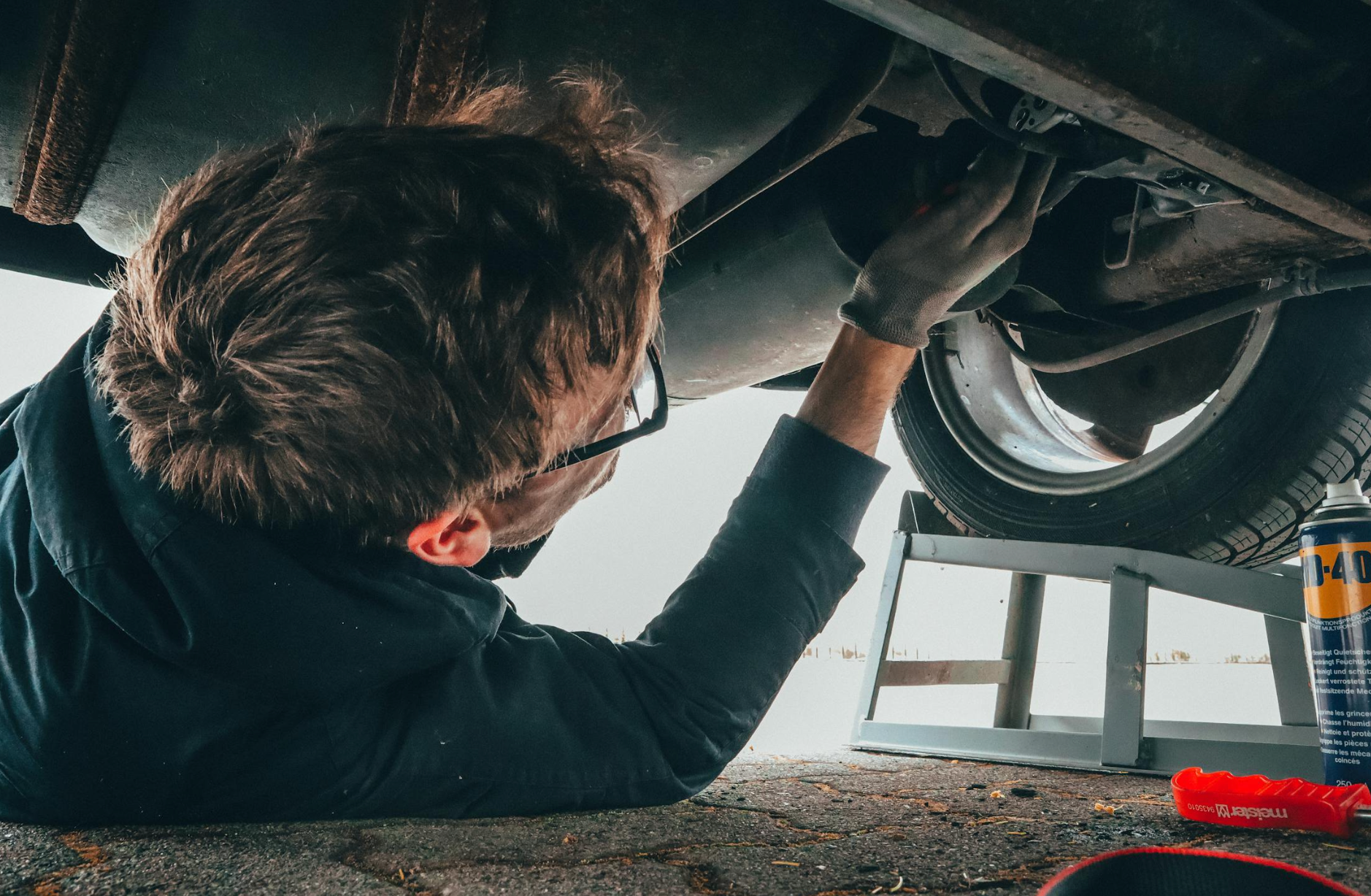Loading ...
Missing business hours data / Error occurred while getting the data.
Loading ...
Missing business hours data / Error occurred while getting the data.
Why Is My Car’s Gas Pedal Feeling Weird?
March 28, 2025
A gas pedal should respond smoothly and predictably when pressed. But if your car’s acceleration feels off, whether it's sluggish, sticky, stiff, or overly sensitive, it could be a sign of an issue with the throttle system, fuel delivery, or even electronic components. A problem with your gas pedal isn’t just an annoyance—it can impact performance, fuel efficiency, and even safety. Could your acceleration issues be a simple fix, or is something more serious going on?
Common Reasons Your Gas Pedal Feels Off
Dirty or Faulty Throttle Body
Your throttle body controls how much air enters the engine when you press the gas pedal. Over time, carbon buildup can clog the throttle body, making acceleration feel sluggish or inconsistent. If your gas pedal feels sticky or unresponsive, a dirty throttle body may be the issue.
What to do
Cleaning the throttle body can restore smooth operation. If the issue persists, a failing throttle actuator may need to be replaced.
Throttle Position Sensor Malfunction
The throttle position sensor (TPS) tells your car’s computer how far you’re pressing the gas pedal. If it’s failing, your vehicle may hesitate when accelerating, surge unexpectedly, or struggle to maintain speed. A check engine light might also appear.
What to do
A faulty TPS needs to be diagnosed with a scan tool and replaced if necessary.
Issues with the Accelerator Pedal Sensor
Many modern vehicles have electronic throttle control (ETC), meaning the gas pedal no longer has a physical cable connecting it to the throttle. Instead, an accelerator pedal sensor sends signals to the engine. If this sensor fails, you might notice delayed acceleration, uneven throttle response, or a pedal that feels stiff or loose.
What to do
Our technicians can test the sensor and recalibrate or replace it if it’s faulty.
Vacuum Leaks or Airflow Issues
Your engine needs a precise mix of air and fuel to run properly. A vacuum leak or airflow problem can cause rough idling, hesitation, or a weak gas pedal response.
What to do
Check for cracked hoses or leaks in the intake system can help diagnose and fix the issue.
Fuel System Problems
If your fuel pump, fuel injectors, or fuel filter are clogged or failing, your engine might not be getting the right amount of fuel, causing sluggish acceleration or hesitation when pressing the gas.
What to do
A professional fuel system inspection can determine if the fuel pump or injectors need cleaning or replacement.
When to Get Your Gas Pedal Checked
- Feels sticky or hard to press
- Is slow to respond or hesitates when accelerating
- Causes unexpected surges in power
- Feels too loose or unsteady underfoot
These symptoms could indicate a serious safety issue that needs to be addressed before it worsens.
Fix Gas Pedal Issues at The Garage Automotive Solutions
A weird-feeling gas pedal isn’t just an inconvenience—it can affect your car’s safety and drivability. Whether it’s a throttle body issue, sensor failure, or fuel system problem, getting it diagnosed early can prevent breakdowns and expensive repairs.
Don’t ignore acceleration problems—visit
The Garage Automotive Solutions for expert diagnostics and repairs to keep your car safe and responsive on the road!

Loading ...
Missing business hours data / Error occurred while getting the data.
Loading ...
Missing nap lines data / Error occured while getting the data.









